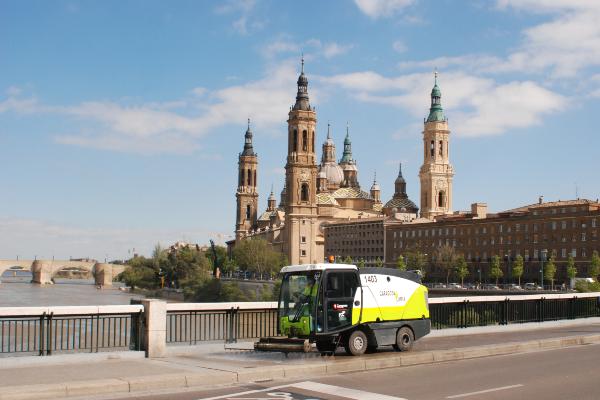News
Zaragoza places its trust once again in FCC Medio Ambiente with a new €615 million contract

Zaragoza City Council, city for which FCC Medio Ambiente has been providing services uninterruptedly since 1941, has renewed its trust in the company with the award of the city’s urban waste collection and street cleansing contract. The order book value amounts to more than €615 million for the next 10 years.
This new contract is committed to the environmental sustainability of the services, so the implementation will involve the renewal of almost the whole fleet, with more than 270 vehicles, whether electric or powered by compressed natural gas, with the aim of improving air quality and reducing noise pollution. It is expected to exceed 56.96% of waste sorting and recycling in one year and 60.6% by 2030, thus complying with the European Agenda for Sustainability. The improvements to the service seek to increase the quality of life of the citizens of Zaragoza and its visitors, through environmental, social and economic commitments as fundamental pillars, aimed at positioning the Aragonese capital as a European benchmark in this type of services. The investment represents more than €61 million and boasts a total workforce of around 1,130 workers for both services.
To serve the city's 675,000 inhabitants and collect more than 252,000 tonnes of annual waste, the service will have nearly 100 vehicles. The 100% electric collection equipment will be exclusively designed for FCC Medio Ambiente with specially adapted chassis with right and left side-loading collection systems, such as the new 21m3 compacting collection vehicle. The selective collection of organic waste will be implemented throughout the city and the frequency of service will be increased, as well as the containerisation ratios, extending the services to commercial activities and the hospitality and catering industry. Regarding the number of containers, priority will be given to selective collection to the detriment of those destined for the residual fraction, and complete container islands will be distributed in such a way that all households have one within 100 metres.
It should be noted that the accessibility of the services will be improved with the incorporation of a new side-loading collection vehicle of reduced dimensions, a design that will incorporate the new more versatile and specialised equipment, adapted to the needs of the citizens.
As for the cleansing service, it will boast over 200 vehicles covering 955 kilometres of streets. There will be a substantial increase in the mechanisation and motorisation of activities, as well as works on Sunday and public holidays, resulting in greater performance and a more modern and optimal service. The cleaning of containers and its locations , excrements and other critical places in the city will be intensified and 70% of litter bins will be replaced. The selective recovery of water by degree of quality will be promoted, so that it can be reused for other purposes such as irrigation or street cleansing. There will be a new, flexible and modular organisation of the service, structured by technical areas and municipal and neighbourhood councils, implementing a dual sweeping model. Finally, six neighborhood recycling centres will be installed, and the household recycling centre service will be operational also on Sundays.
In terms of technological innovation, the service will be monitored through a digital control platform and smart routes will be managed with the subsequent savings. There will be a tracking centre and all resources will be provided with on-board electronic equipment, localisation and weighing systems. Sensors will also be installed in containers and vehicles. Likewise, a citizen app for mobile phones and innovation projects with artificial intelligence will be developed in collaboration with the University of Zaragoza. Lastly, new profiles for the services will be created on social media.
This new contract is also committed to the social sustainability of the services, as it promotes inclusion and equality in access to employment for people from vulnerable groups or in situations of prolonged unemployment. In this way, it will collaborate with integration companies such as RECIKLA, for the collection of used oil, and the El Tranvía Foundation, for the door-to-door collection of household goods and paper/cardboard.








